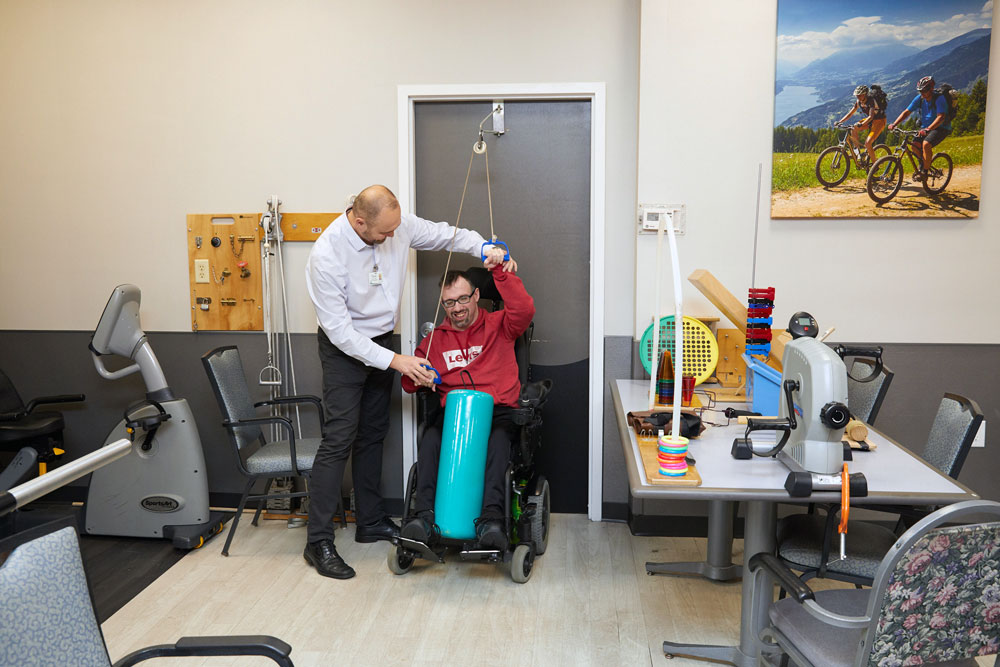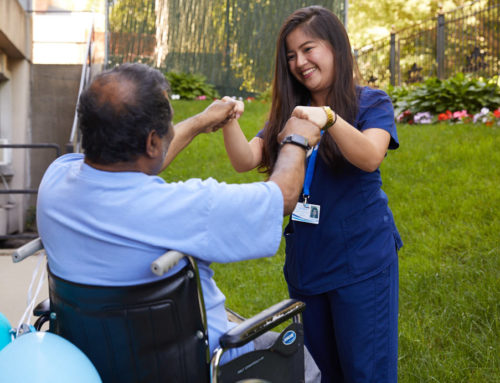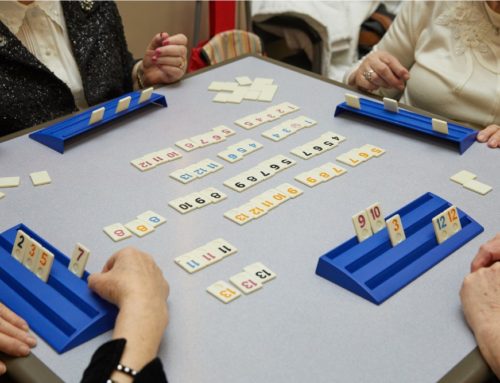3 Ways Physical Exercises Impact Cognitive Function
As more and more people are living longer, more of us are developing neurological disorders that impair cognitive function. Neurodegenerative diseases like Alzheimer’s have no cure, but physical and cognitive exercises can slow down the onset of such conditions. In this blog we take a look at some activities that can have beneficial effects on memory and brain function.
At Fairview Adult Day Care Center in Brooklyn NY, we educate adults and seniors about the connection between physical activity and physical and mental health. Our institution offers physical and occupational rehab therapies for people with mental disorders. We offer a rich program of physical and memory- and brain-training activities. Also, we offer therapeutic recreational activities and fun events. These activities, combined with physical exercises, can slow the onset of neurological disorders and help maintain independence.

How Physical Exercises Can Impact Cognitive Function?
Any activities or exercises that bump up the heart rate are potentially beneficial for brain function. Let’s take a look at three reasons why this is the case.
- The brain needs large amounts of oxygenated blood to operate in the best possible way. Aerobic exercise that gets you breathing faster helps deliver that blood – and vital nutrients – to the brain. Many adults and older people suffer from poor circulation, which affects both physical and mental agility. Exercise improves circulation, boosts stamina, makes you feel stronger, and is good for brain function.
- The brain demands good circulation due to its high metabolic activity – and exercise is essential to maintain brain function. Exercise increases the production of molecules that help preserve the priceless memories that are dear to you. Writing down your thoughts and memories can help solidify them but exercising boosts the memory’s capacity, strength, and resilience. Exercise helps the formation of new synapses in the brain that help with learning and memory.
- Physical exercises improve cognitive abilities but also have other benefits, one of which is lowering stress levels. Stress can lead to depression, anxiety and ill-health so it’s important to combat it whenever possible. Stress is also known to be associated with a downward spiral of loneliness, isolation and reduced cognitive function. Working out releases endorphins that make you feel good and helps reduce stress and anxiety.
A holistic approach can help
One of the best physical cognitive exercises is walking backwards, which is great for coordination and balance issues. It is great for the brain. Try it and you will see that it is not as easy as walking forward. It will definitely take longer for your brain to process the coordination.
Physical activities are also great for stress management. They are not a silver bullet for reducing stress, it certainly can help. Working out releases endorphins that make you feel good and helps reduce stress and anxiety. People with slow onset dementia and suffering from severe stress are likely to see brain function decline more rapidly.
What’s important in slowing down declining cognitive function is to take a holistic health approach. A healthy diet, for instance, combined with physical and cognitive exercises as well as emotional support, can ease stress and slow brain and neurological disorders.
Exercises that are beneficial to brain health can take many forms. Swimming, dancing and gardening or taking a walk can all help you retain priceless memories and brain function. Talk to your doctor to find out the best physical cognitive exercises for your particular circumstances.
This article is for educational and informational purpose only and does not substitute for professional medical advice. For any questions about your own health condition, speak to a qualified physician or healthcare provider.







Leave A Comment